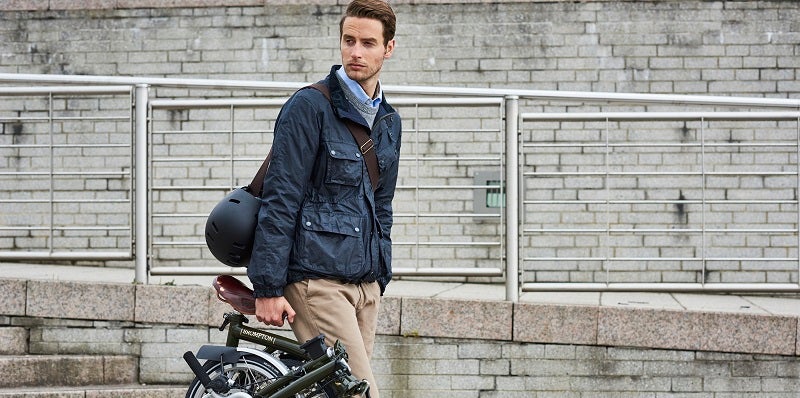We must encourage people to change their behaviors.
"Copenhagen has benefited from a strong political commitment to cycling for generations. It has had a historically high taxation on cars and this has created different behaviors. People in cities don’t generally get their first car when they turn 18 – it’s just not required in your life.
Creating a cycle-friendly city comes from the desire of the people mixed with political support. In the late nineties, we started to realize the contribution active mobility had on society. The Transport Ministry published a report in 2014 which stated that for every kilometer traveled by bicycle instead of by car in the city, the health benefits for society were estimated to be worth nearly £1 (7 Danish Kroner) in terms of improved health and extended life expectancy. It also estimated the average (and minuscule) cost to commuters of cycling each day. It was a sign of clever political leadership to come out and say cycling is a good investment for so many reasons.
London and the UK are moving in the right direction. There have been significant developments over the years thanks to political vision. First Ken Livingstone introduced the congestion charge, then Boris Johnson launched the cycle hire scheme. One of the things he did very well was to be seen on his bike – walking the walk. In my experience, this was a nice way to communicate with my constituency as well as showing a good example.
There is obviously a political eye on cycling and this will no doubt drive change. For many years, I only experienced London through the Tube. I didn’t realize distances were often so short. Recently, I saw Mayor Sadiq Khan has released a Tube map with the walking distances between stations. I think this is important. We should be trying to show people what the alternatives are for every journey they take.
People tend to know exactly how they plan to transport themselves. We need to ask them, why not leave the car or bus and jump on a bicycle or walk instead? We need to help people with guidance and incentives – show them how much they will save and how they’ll help the environment by choosing a different option, if possible. Taking it one step further, why not create financial incentives through tax? Reward people for not getting into their cars for shorter distances.
Our cities have transformed over the past 100 years and with electric and autonomous vehicles, they are set to be transformed further in the next. We must use these moments in time to shape the kinds of cities we want to see, cities which can support healthier, greener decisions.""
Klaus Bondam is one of Denmark’s foremost cycling champions, using both public office and his role as director of the Danish Cyclists’ Federation to popularise cycling for the benefit of public health, nature and the environment.
Find out more about our Campaign for Movement here.


